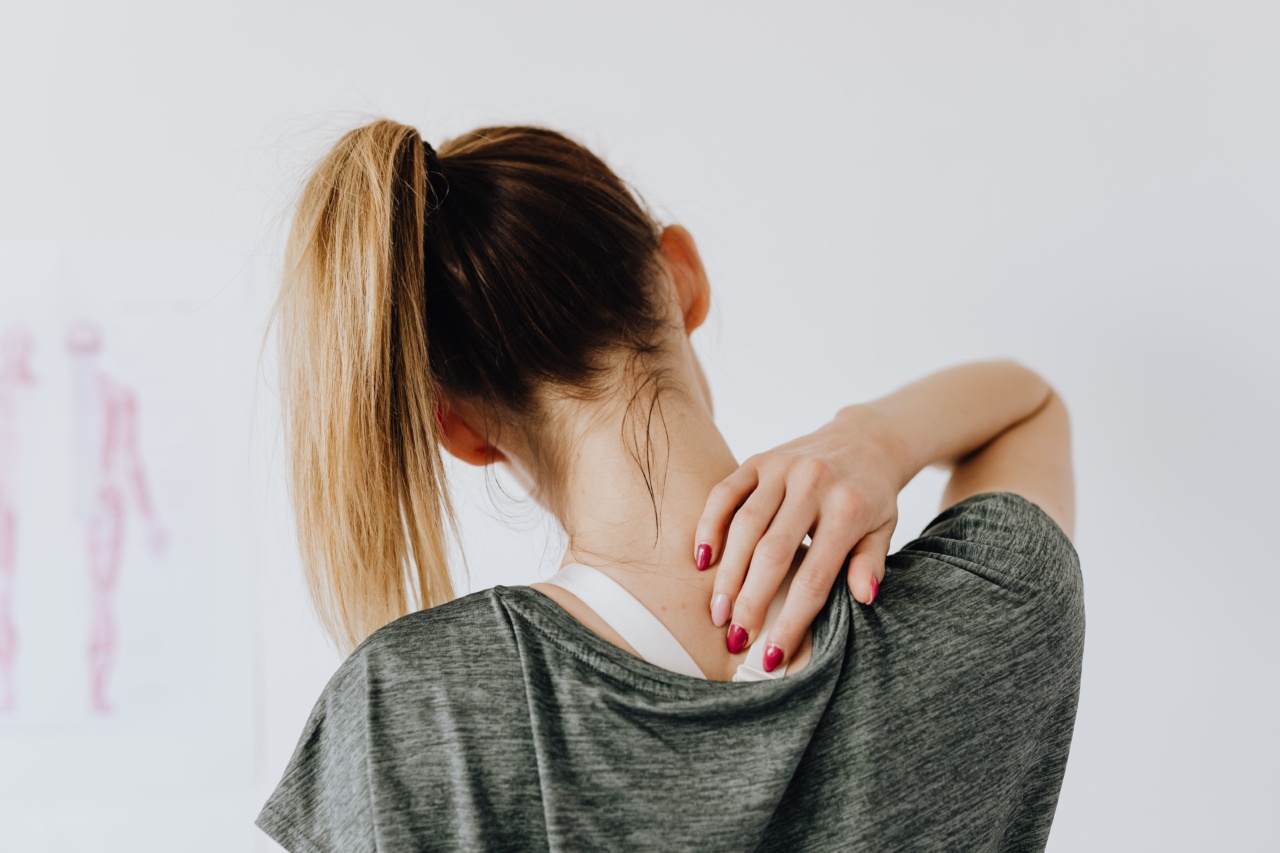Pregnancy is a beautiful journey that brings numerous changes to a woman’s body. However, along with the joy and anticipation, many women experience discomfort and pain, particularly in the back.
Back pain during pregnancy is a common complaint affecting around 50% to 80% of pregnant women. It can range from mild to severe and can significantly impact daily life. Understanding the causes of back pain during pregnancy can help manage and alleviate this discomfort.
Hormonal Changes
One of the primary reasons for back pain during pregnancy is the hormonal changes that occur to prepare the body for childbirth.
The hormone relaxin is released during pregnancy, which softens the ligaments and joints, allowing the pelvis to expand during delivery. However, this hormonal change can also affect other joints, including those in the spine, leading to increased flexibility and potential back pain.
Increased Weight and Posture Changes
As the pregnancy progresses, the weight of the growing baby puts additional strain on the spine and lower back. The body adapts to this by subtly changing posture, which can lead to back pain.
This extra weight can cause the natural curvature of the spine to increase, resulting in lower back pain.
Muscle Separation
During pregnancy, the uterus expands to accommodate the growing baby, causing the abdominal muscles to stretch and separate. This condition, known as diastasis recti, weakens the core muscles that support the spine.
The weakened core muscles can lead to increased pressure on the back, resulting in pain and discomfort.
Shift in the Center of Gravity
As the baby continues to grow, the center of gravity in a pregnant woman’s body shifts forward. To maintain balance, the body compensates by arching the lower back, which can exacerbate back pain.
This altered center of gravity can put additional stress on the spine and contribute to discomfort.
Stress and Emotional Factors
Pregnancy can be an emotionally and physically challenging time. Stress, anxiety, and other emotional factors can contribute to muscle tension and increased perception of pain.
Chronic stress can lead to muscle imbalances and improper body mechanics, ultimately causing or worsening back pain during pregnancy.
Changes in Sleep Position
As the pregnancy progresses, finding a comfortable sleep position becomes increasingly difficult. Sleeping on the back can put pressure on the spine and disrupt blood flow, causing back pain.
Many pregnant women find it more comfortable to sleep on their sides, which can help alleviate back pain and promote better circulation.
Poor Lifting Techniques
Due to the physical changes during pregnancy, lifting heavy objects incorrectly can strain the back, leading to pain. Hormonal changes can weaken the ligaments and increase the risk of injury.
It is important for pregnant women to avoid lifting heavy objects and practice proper lifting techniques to prevent back pain.
Preventing and Alleviating Back Pain during Pregnancy
Thankfully, there are several measures pregnant women can take to prevent and alleviate back pain:.
Exercise and Stretching
Regular exercise and stretching can help strengthen the muscles supporting the back and improve flexibility. Gentle exercises such as walking, swimming, and prenatal yoga can provide relief from back pain.
However, pregnant women should consult with their healthcare provider before starting any exercise regimen.
Proper Body Mechanics
Practicing good posture and body mechanics can help reduce the strain on the back. It is essential to lift with the legs, avoid twisting motions, and use supportive footwear.
Maintaining the natural curve of the spine while sitting or standing can also alleviate back pain.
Supportive Devices
Using supportive devices such as maternity belts or belly bands can help distribute the weight of the baby more evenly and support the lower back. These devices provide stability and help alleviate back pain, particularly during physical activities.
Heat and Cold Therapy
Applying heat or cold therapy to the affected area can help reduce inflammation and alleviate back pain. Hot packs or warm baths can relax the muscles, while cold packs can numb the area and reduce swelling.
It is crucial to check with a healthcare provider before using any therapy during pregnancy.
Comfortable Sleep Positions
Using pillows or a maternity-specific body pillow can help support the body and maintain proper alignment while sleeping, reducing back pain.
Sleeping on the side with a pillow between the knees can alleviate pressure on the lower back and promote better sleep.
Appropriate Footwear
Wearing supportive and comfortable shoes can help maintain proper body alignment and reduce back pain. High heels and unsupportive footwear can increase strain on the back and worsen discomfort.
When to Seek Medical Attention
While back pain during pregnancy is common, certain symptoms may indicate a more serious underlying condition. Pregnant women experiencing the following should seek immediate medical attention:.
- Severe or persistent back pain
- Pain accompanied by fever or other flu-like symptoms
- Numbness, tingling, or weakness in the legs
- Difficulty walking or standing
- Loss of control over bowel or bladder function
In Conclusion
Back pain during pregnancy is a common discomfort that can range from mild to severe. Understanding the potential causes and implementing preventive measures can help alleviate the pain and ensure a relatively comfortable pregnancy.
By practicing good body mechanics, engaging in appropriate exercises, and seeking medical attention when necessary, pregnant women can navigate this exciting journey with minimal back pain.






























